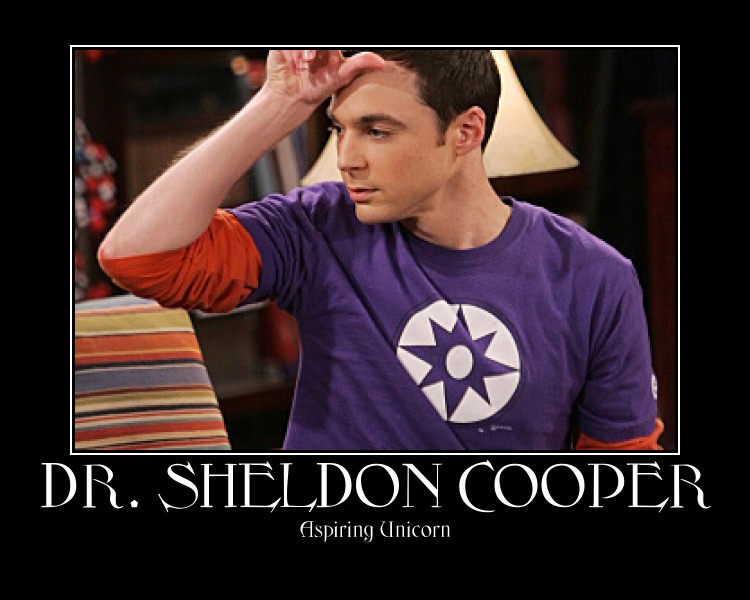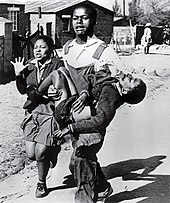Naturally, with all roads leading to 20th September, we are all living and breathing the coming elections.
On Facebook, in conversations over coffee, in the queue at the supermarket etc, everyone is talking about how we want change and Zambians want to see a new government.
I wonder what this change really is.
Do we want a new government because we have a desire to see our country run in a different (and hopefully better) way? And, do we have a realistic and feasible idea of what that looks like? How will be know it when we see it? What are the steps our political leaders should take in order for us to know that real and lasting change is taking place.
Perhaps we want a new government because we are tired of seeing the same people plundering our resources? We know that mainly people seek election to public office so that they can take advantage of our weak governance and accountability structures and siphon public resources into their own and their families' pockets. As a result, we feel that it is time 'they' shared and gave someone else a chance to 'eat'.
Or, we believe that there is a remnant of Zambians who are willing and able to make good decisions for this country, who are willing to put aside their own interests and those of their hangers on (ecosystem of friends relatives and associates hoping to get rich or die trying) in order to develop Zambia.
The Zambia that I Want:
Firstly, this country requires a new
Constitution. One that will stand the test of time; one that is developed for my children's children and NOT in response to the current political climate or conditions. There is no need for another round of consultations, a constituent assembly or an NCC. All that is required is 8 to 10 knowledgeable people to draw it up and submit it to referendum or Parliament for ratification. If, as predicted, our next parliament will be a real example of multi-partyism, it would be a perfect time to adopt a Constitution for ALL Zambians and not just a few.
I also want to see a Zambia that values
education and is willing to invest in our children from early childhood through to university level. We need our universities and colleges fully funded so that we can innovate and create our own solutions to our development problems. I want an education system that is closely aligned with industry and which rewards independent thinking instead of the current rote memorisation (how can this STILL be the way to pass at tertiary level)?
A national development
plan or strategy that is backed up by legislation, policy, education/training and investment in key sectors. It is all very well to go around the country consulting people (and this is important), but hard and strategic decisions must be made about what we as a nation would like to focus on for our own development's sake. Some of these discussions and plans are already there, they just need more attention to make them happen well.
As a communication specialist by education and practice, I would like to see an end to state controlled
media and instead, the rise of public interest broadcasting and newspapers. If our editors and journalists thought less about how to make the government and party look good, they might write more insightful and analytical articles. Despite what some people think, tabloid journalism exists in all countries (developed or otherwise), so some of the crap that is written/aired is not because it is Zambia, but on account of the deplorable state of journalism ethics and standards in the world today. However, in other countries, they have high quality journalism too, to balance things out. They have options, something which we lack in this country. NB: I note that we have independent and community media who are trying -- emphasis on trying.
We need to get more serious about fighting
corruption. I definitely think that we have made a lot of positive strides in the last few years, but so much more needs to be done at all levels. So long as small-time crooks and petty corruption at village and community level continues unabated, how can we expect to stamp out corruption where hundreds of thousands of dollars are exchanged.
I think that we could do with a comprehensive
transport and communication network. If the whole country was opened up for people to travel and communicate freely, so much more development could take place as the many development and investment opportunities could be more easily exploited.
We need to take
maintenance seriously. I come from Chingola, once the cleanest town in Zambia. What we had was pretty good. If we valued prevention over cure, my hometown would still be a beautiful place. Once things become dilapidated and run-down, it is very expensive to fix them. But, if maintenance was something we valued, we would spend a lot less money trying to get stuff fixed and replaced.
Lastly, we need more
accountability in all spheres. The Auditor General's report comes to mind here. Such exercises (important baby steps toward accountability), must count for something more than just being published. We must be seen to take clear and firm action regarding what is highlighted in the report. I know that the powers that be have taken some actions, but citizens want to see tangible evidence. This is what gives us confidence that our systems and institutions are working. So this one is probably a better PR issue. I actually think that people would be surprised just how much the government actually does that is good, we just never get to hear about it. Perhaps, we announce and publicise the wrong things. My point is that there should be no need for public outcries or donor pressure in order for decisive action that promotes transparency and accountability to taken. Members of Parliament, Councilors etc must be accountable to the people that elect them.
Related to the above point, I would similarly like to see a Zambia where ordinary citizens take a more
active role in their own governance. So long as we allow leaders to get away with doing very little for four and half years, they will continue to do so. It is not for a benevolent leader to grant us effective and transparent governance but for we the people to
demand it.
.


















